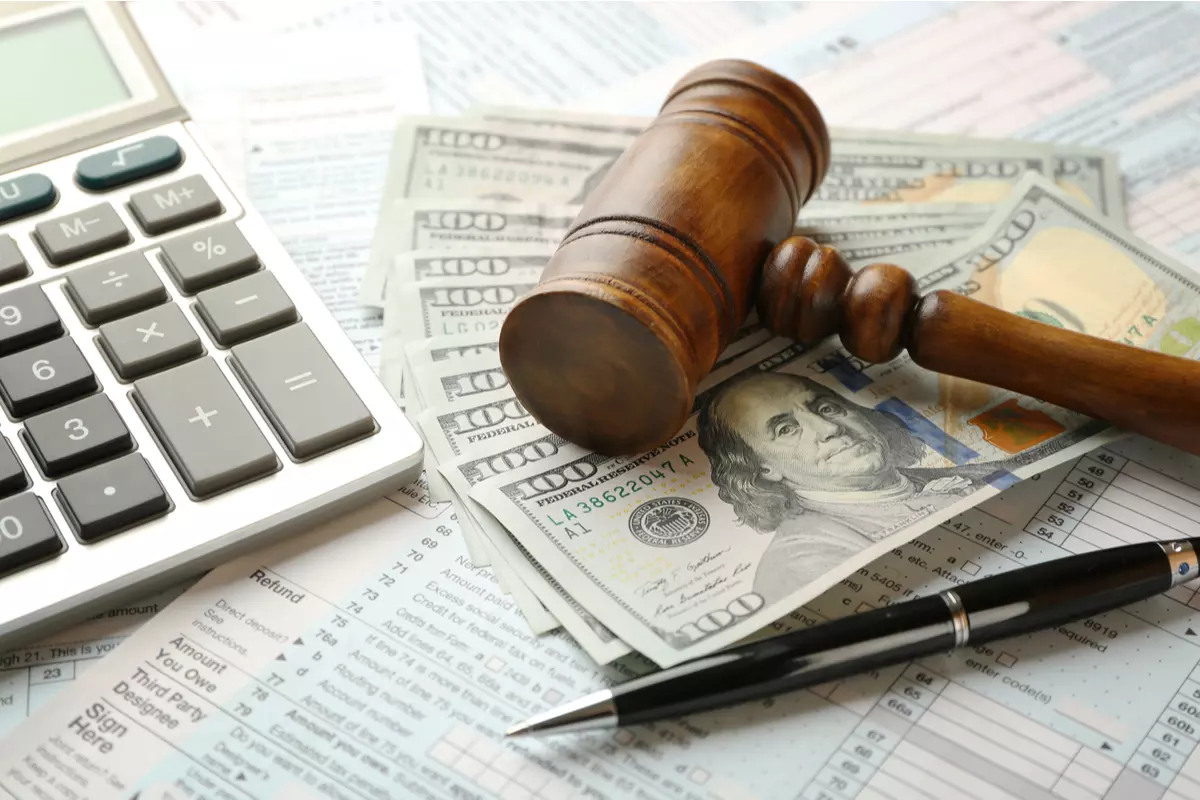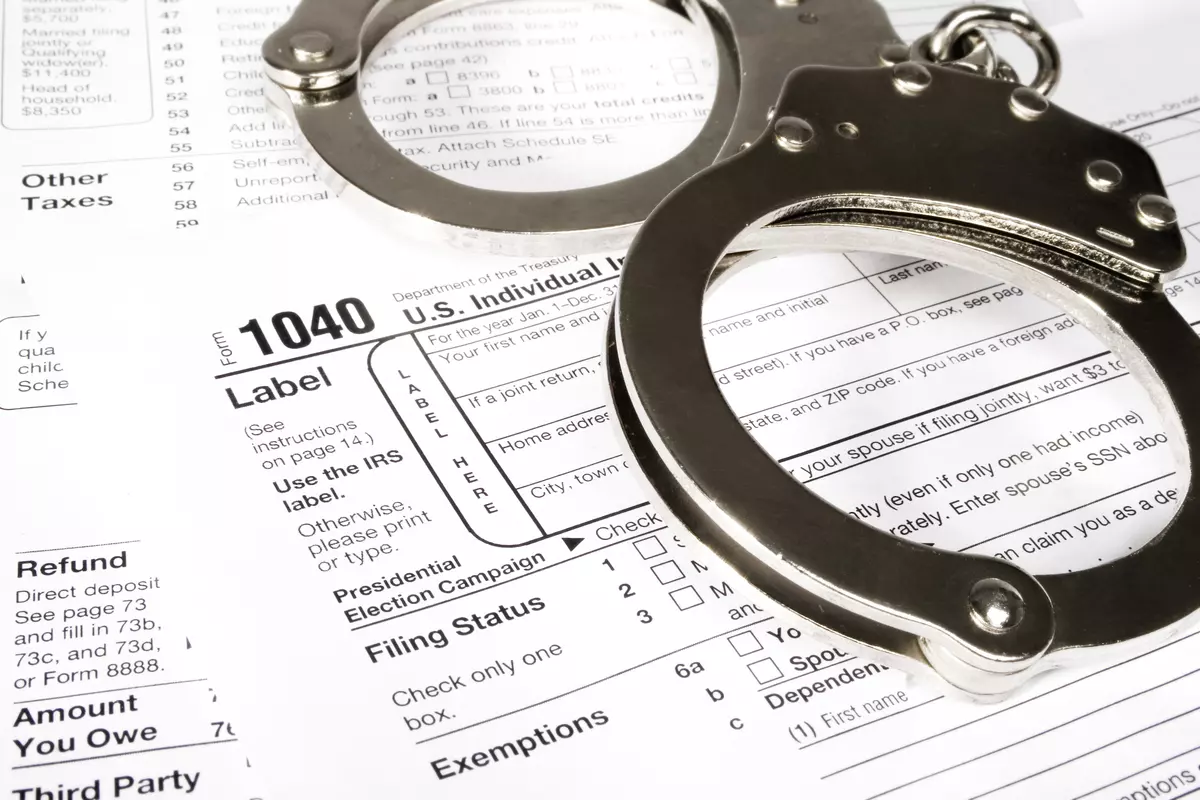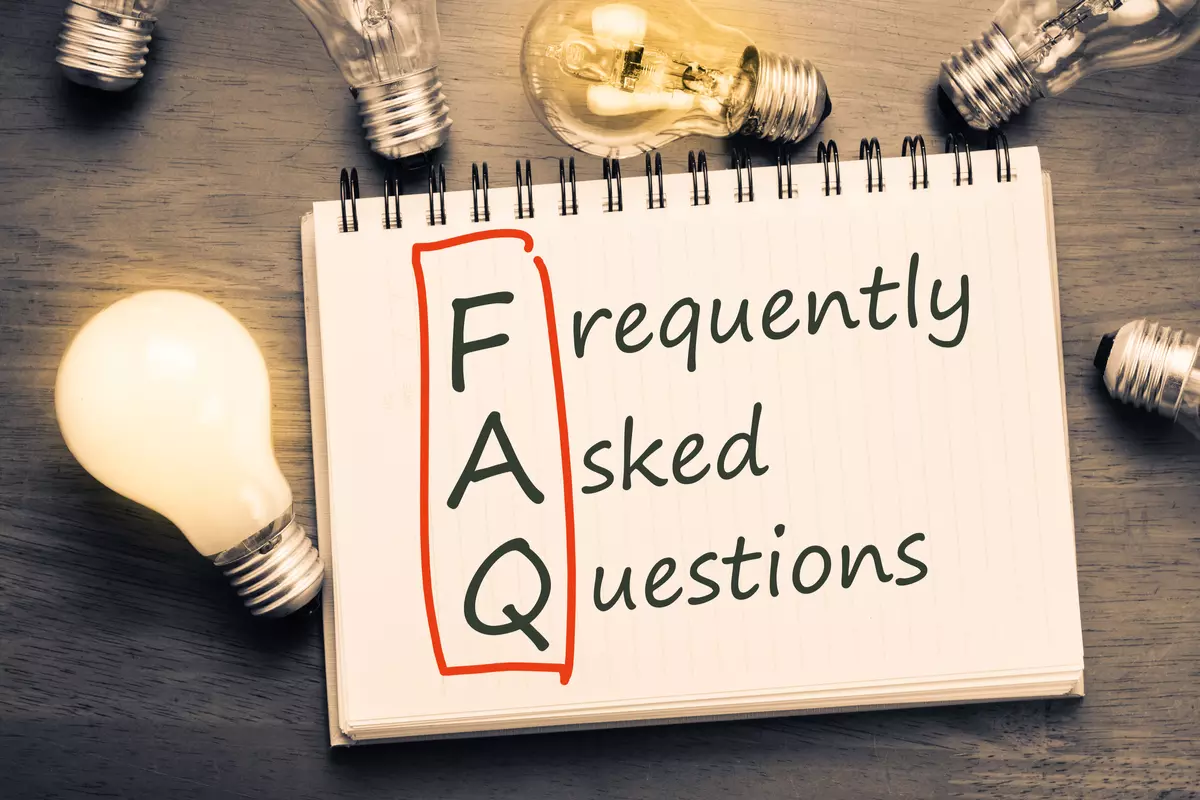How to Report Tax Fraud
Tax fraud costs the U.S. government around $90 billion in revenue every year. That’s bad for all of us. We rely on fiscal revenue to finance infrastructure, health, and education. Those who commit tax fraud or tax evasion make life harder for the average citizen. We all have a civic duty to report these people when we know about their misdeeds. This article will
explain how to do that.
What is Tax Fraud?

Tax fraud is when a person or business intentionally falsifies information on their return to pay fewer taxes. Falsifying your tax return is a felony crime that can cost you huge fines, time behind bars, or both. Also, attempting to evade your taxes is about as serious as fraud offenses go.
If someone knowingly doesn’t pay all of their taxes and gets caught, they will be sentenced could be looking at up to five years of jail time, a penalty of up to $250,000, or both.
On the other hand, those starting a business or even established corporations face a fine of up to $500,000, three years behind bars, or both when caught falsifying a return, lying about their income, making false deductions, or reporting dishonest charity contributions.
Different Types of Tax Fraud

There are many types of fraud and fraud schemes. Below are the most popular types of tax fraud that people and corporations commit.
Unreported Income
People often try to avoid paying taxes by not reporting income. Unreported income is when someone illegally excludes mentioning their income in their tax return.
Tax Refund Scam
A tax refund scam involves identity theft, forged W-2 forms, and illegally filing a tax return using another person’s name to receive a tax refund in your bank account.
You can know if you are a victim of a tax refund scam when the IRS sends you a letter stating that there are multiple returns submitted in your name. Or when you try to file your return online and the IRS rejects it mentioning that a tax return using your Social Security number has already been filed.
Tax Evasion
Tax evasion is when a person or business entity illegally avoids paying or underpays their tax liability. Tax evasion is a criminal charge subject to penalties. However, be careful not to confuse tax evasion with tax avoidance. Tax avoidance is a legal procedure that helps reduce taxpayer obligations.
IRS Impersonation Scam
Fraudsters may target American taxpayers and call them pretending to be IRS collection officers. Scammers lie to the taxpayer stating that they have many criminal charges and threaten them with arrests and frozen assets if they don’t pay a couple of thousand dollars immediately by providing gift card numbers and PIN. They also ask American taxpayers to provide them with their Social Security numbers.
To help people from being victims of such scams, the IRS has released a statement saying that the government doesn’t conduct or send unsolicited emails, text messages, or phone calls to discuss tax issues. Moreover, the IRS stated that it doesn’t use social media to get in contact with taxpayers.
IRS Fraud Reporting – How to Do it

Tax fraud happens when someone provides false tax information. When people and corporations don’t pay what they owe, the burden falls unfairly on everyone else. Before the government can prosecute anyone for tax fraud, it has to have proof. That’s often hard to obtain. That’s why the government relies on its citizens to help by reporting any known or suspected tax fraud.
Make Sure It’s Not a Hunch
Before reporting someone for tax fraud, make sure that what you’re feeling is also the reality. You don’t want to trouble someone and exhaust the government’s resources just because you are feeling a hunch.
Collect Evidence

The first step to report a suspected tax fraud is to gather as much evidence of the fraud as possible to help them catch the fraudster. Look for any evidence that will support your claims. Also, keep a copy of your proof for yourself.
Your evidence should include information on:
- the person or the business involved in the crime
- their address
- the amount of money
- the number of years they have been breaking the law
You have to write all the information down. Also, consider writing down the details of any action or events that led to your suspicions.
Write down your memories and observations with as many details as possible. Also, collect the names of other witnesses. They might have firsthand knowledge of the fraud. You can then give the IRS their names and contact information to acquire a more profound understanding of the case.
Don’t Break the Law Yourself
When gathering information about the crime, remember that opening someone else’s mail or logging on to their computers without their consent is considered stealing, and stealing is breaking the law. If you don’t have a specific document in your possession, you can inform the IRS where they can find it instead of breaking the law.
Report the Fraud

After you have gathered all the information to prove a tax fraud, it’s time to report it to the IRS. There are initially three ways to report fraud. You can call the IRS fraud line, send a letter, or use a fraud reporting form.
Most of the time, to report tax fraud, you need to present the following information:
- The name of the individual or corporation suspected of the fraudulent activity
- The number of years participating in criminal activities
- The accused taxpayers’ identification number
- The estimated amount of money involved
- Information explaining how you learned of tax fraud
Keep in mind that when reporting tax fraud, you have the option to keep your information a secret. In case you want to disclose your name, the IRS will keep your information confidential.
If you want to remain anonymous, you can’t testify against the person should they be prosecuted.
Use the IRS Fraud Line
You can report tax fraud to the IRS over the phone by dialing the IRS fraud line 1-800-366-4484 (1-800-877-8339 for TTY/TDD users).
Send a Letter
If you prefer, you can write a letter to report activity and send it to the IRS Lead Development Center located at 24000 Avila Road, Laguna Niguel, California 92677-3405.
Use an IRS Fraud Reporting Form

If you want to report suspected fraud to the IRS using a form, you need to use the correct format, depending on the alleged violation you will report. There are different types of forms for various acts of violation. You can download them from the IRS website or by calling the number 1-800-829-0433.
Before filling out any form, download the instructions and read them thoroughly. Refer back to the instructions as you fill out the referral form. You can also request the instructions document if it is not available on the website.
Form 3949-A
Use Form 3949-A to report a business or a person violating tax laws. Common examples include:
- False deductions or exemptions
- Not reporting income
- Altering or falsifying tax documents
Form 14157-A
Complete the form 14157-A if you think that your tax preparer altered your form without your consent.
Form 14039
Submit the form 14039 if you suspect someone stole your identity, used your Social Security number for a job, or filed a fraudulent tax return using your number.
Form 14242
Use the form 14242 to report an abusive tax promotor or promotion.
Form 13909
Submit the form 13909 if you suspect wrongdoing by an exempt organization or employee plan.
The IRS Whistleblower Program

If you know of a significant tax cheater, you should certainly consider filing an IRS whistleblower complaint. The IRS whistleblower program allows individuals to report tax fraud. In return, the IRS whistleblower office may offer a financial reward of up to 30% of the amount collected to the people who blow the whistle on those committing tax fraud. Keep in mind that if you want to claim a reward, you have to complete Form 211.
The IRS is stringent in protecting the whistleblower’s identity, and it is unlikely that you will be identified.
The IRS takes a while to investigate these matters, and you may not hear from them for weeks or even months.
Be a Good American Citizen
You can be a good citizen by paying all the taxes you owe and reporting suspicious individuals or businesses that may be involved in tax fraud.
FAQ

Can I Get in Trouble if I Don’t Report Fraud?
If you are aware of fraudulent activities but decide not to report to the government, you may not get in trouble. However, if you are supporting the criminal act and participating in it in any way, you may get in trouble.
It is always advised to take action and report fraud as soon as possible to protect yourself and others. This is one reason why it is important to learn how to report someone for tax fraud.
Can I Get in Trouble if I’m Wrong and There Is No Fraud?
If you have reported a tax fraud and then realized that you were mistaken won’t get you in trouble as long as you inform the government about your mistake and prove otherwise.
It’s crucial to always gather enough evidence before reporting fraud to avoid wasting your time, the alleged suspect’s time, and the government’s time and resources.
Is It Illegal to Steal Evidence to Support Tax Fraud Claims?
Stealing is illegal. Whether you are stealing evidence to support tax fraud claims or stealing something else, stealing remains unlawful. That’s why when gathering proof, be careful not to break the law. Instead, inform the IRS where the evidence is located, and IRS will take care of it.
Is It More Likely I’ll Get Audited if I Report Someone Else?
After learning how to report tax evasion, you may be worried that reporting someone else may lead to the IRS taking a closer look at your return. This is a valid fear. You may be more likely to receive an audit after reporting someone else.
Does Not Having the Money to Pay Taxes a Good Excuse for Tax?
Having financial problems is no excuse for evading taxes. All Americans are expected to pay the taxes that they owe.
What Will the IRS Do After I Report Someone?
The IRS will likely conduct an audit if they suspect someone of tax evasion. This could mean a face-to-face meeting with an IRS examiner. The process can take a while based on the type and complexity of each case. Suspects need to provide the FBI agents with the requested information. In the end, they either accept or reject their findings.
Most of the time, people get audited for the following reasons:
- File a Schedule C
- File a return with math errors
- Take the home office deduction
- Run a cash-heavy business
- Lose money consistently
- Have a significant change in income or expenses
What if I’m Partially Responsible for the Tax Fraud Taking Place?
Tax fraud is a violation of the law. Being partially responsible for violating the law may cause you some trouble, depending on how involved you were in the crime. Tax crimes can result in fines and even jail time in some situations.
How Do I Stay Anonymous?
Whether you are reporting a tax fraud over the phone, by letter, or using the form, the IRS doesn’t ask you to provide your personal details. If you choose to give any information about yourself, it will be treated as confidential.
Is There a Reward?
The IRS whistleblower program gives people who blow the whistle on people committing tax fraud financial reward of up to 30% of the amount collected. To claim the reward, you have to complete Form 211.
What if My Identity Was Stolen and I Am Suspected of Tax Fraud?
If your identity is stolen, you have to inform the IRS, file a complaint with the FTC, and place a fraud alert on your credit records. The IRS will work to correct the fraud and issue your refund.
The IRS Identity Theft Victim Assistance department is responsible for resolving tax identity theft issues. While it may be a hassle getting it all sorted out, you will probably be able to resolve the situation as long as you report it.
Table of Contents
- What is Tax Fraud?
- Different Types of Tax Fraud
- Unreported Income
- Tax Refund Scam
- Tax Evasion
- IRS Impersonation Scam
- IRS Fraud Reporting – How to Do it
- Make Sure It’s Not a Hunch
- Collect Evidence
- Don’t Break the Law Yourself
- Report the Fraud
- Use the IRS Fraud Line
- Send a Letter
- Use an IRS Fraud Reporting Form
- The IRS Whistleblower Program
- Be a Good American Citizen
- FAQ
- Can I Get in Trouble if I Don’t Report Fraud?
- Can I Get in Trouble if I’m Wrong and There Is No Fraud?
- Is It Illegal to Steal Evidence to Support Tax Fraud Claims?
- Is It More Likely I’ll Get Audited if I Report Someone Else?
- Does Not Having the Money to Pay Taxes a Good Excuse for Tax?
- What Will the IRS Do After I Report Someone?
- What if I’m Partially Responsible for the Tax Fraud Taking Place?
- How Do I Stay Anonymous?
- Is There a Reward?
- What if My Identity Was Stolen and I Am Suspected of Tax Fraud?